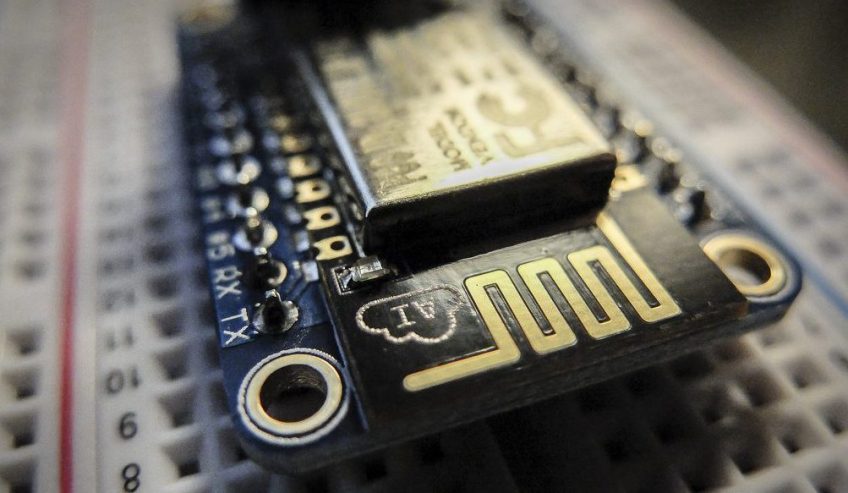At smARTS we are now testing ESP8266-derived modules as microcontrollers to be used for monitoring environments parameters such as temperature and humidity, gas emissions, visible, infrared and ultraviolet light, infrared thermal response. First lab tests focus on power consumption, wi-fi connection and data transmission, and software development kit (SDK) for programming. These tests will allow future indoor and outdoor remote environmental monitoring of cultural heritage sites and structures (archaeological sites, churches and monuments, museums, etc.). ESP8266-derived modules are extremely low-cost, and integrate wi-fi chip with full TCP/IP stack and micro controller unit capability. Produced by the Shanghai-based Chinese manufacturer Espressif Systems, from 2014 the ESP8266 has been integrated by other manufacturers into ready-to-use modules, whose design and performances are continuously updated (check here for more info). During the last two years a huge worldwide community has grown up around the ESP8266s, with very useful blog, forum and wiki supporting developments and applications.
First tests on ESP8266 modules for cultural heritage monitoring
on 31/01/2017
with No Comments


Leave a Reply